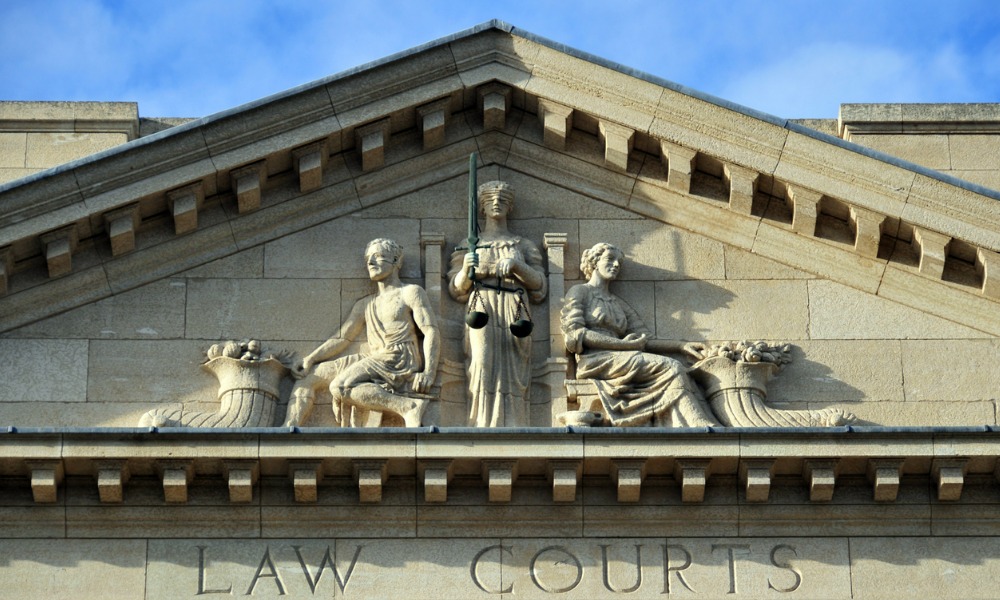The program aims to address Indigenous people's overrepresentation in Canada’s justice system

The Manitoba government has signed service delivery agreements with Indigenous leaders to transfer the Indigenous court work program to Aboriginal communities.
The Indigenous court work program provides services for Indigenous people involved in the justice system to obtain fair, just, equitable and culturally relevant support. These services include supporting the accused and their families and providing timely connections to resource agencies and court officials. The program also offers services in Indigenous language to allow a better understanding of charges and the criminal justice system. Indigenous court workers ensure victims’ families can connect with victim services, including assistance for families of missing and murdered Indigenous women, girls and 2SLGBTQQIA+ people.
The Manitoba government has signed service delivery agreements with the Manitoba Keewatinowi Okimakanak (MKO), Southern Chiefs’ Organization (SCO) and the Manitoba Métis Federation (MMF) to begin the process of transitioning the program to the Indigenous groups. Manitoba is also finalizing an agreement with Island Lake Tribal Council (ILTC). The provincial and federal governments have provided grants of more than $1 million a year for two years to support the program’s transition.
Minister of Justice and Attorney General David Lametti said that Indigenous people are overrepresented in Canada’s justice system. “The continued delivery of Indigenous court worker services in Manitoba will support our efforts to address systemic discrimination against Indigenous peoples and improve access to justice and fairness in our justice system.”
Justice Minister Kelvin Goertzen acknowledged that supporting Indigenous-led solutions is essential to ensure appropriate services and assistance are delivered. “The Manitoba government remains committed to working with our community partners through this valuable program to address the overrepresentation of Indigenous people in the criminal justice system.”
Chief Judge Margaret Weibe has also commented on the program, “Together we will establish policies for the Indigenous court work program to ensure Indigenous people are treated with the dignity and respect they deserve, while ensuring the services provided take into account the unique backgrounds, languages, interests and circumstances of Indigenous people within the criminal justice system.”










